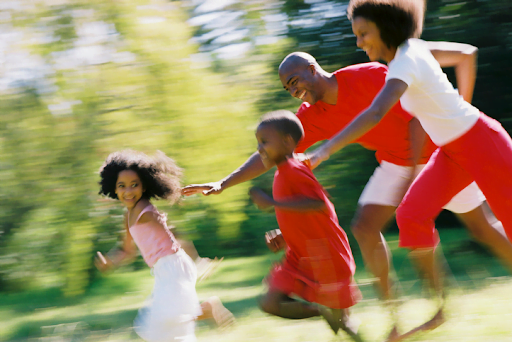Several weeks ago, I relocated from Northern Virginia to Phoenix with my two kids in tow. While I had previously lived on the West Coast (including PHX) one thing I forgot – it’s xxxx hot! We’re not talking that great for your curls humid heat, but that forever feeling of dry mouth heat.
Naturally, the daily average temp of 110+ degrees put a damper on all the outdoor activities I had planned for my little ones including: hiking, biking, lounging by the pool, etc. So, in an effort to better protect my children (as they are far more susceptible to heat exhaustion than adults), I visited a local public health center to get a better grasp on the warning signs, symptoms and treatment for heat exhaustion and stroke.
Normal reactions to hot weather may include:
- Heavy sweating
- Redness of the face
- Heavy breathing
- Thirst
- Muscle cramps
- Signs of overexertion and possibly heat exhaustion may look a little something like this:
- Dizziness, weakness
- Beet-red skin and looking miserable
- Clamminess
- Fatigue
- Fainting
- Nausea or vomiting
- Headache
- Lack of sweat
While even the hottest day may feel comfortable enough for play, according to Weather Guidelines for Children:
- 80° or below is considered comfortable
- 90° beginning to feel uncomfortable
- 100° uncomfortable and may be hazardous
- 110° considered dangerous
With that said, pay attention to the signs. In the event any of the above symptoms occur, quickly find some shade or GO INSIDE.
Next, loosen his/her clothing and have them drink plenty of water — infants and toddlers may be given an over-the-counter rehydrating solution, like Pedialyte.
If symptoms don’t improve within the hour, or your child begins to exhibit signs they’re confused, has trouble breathing or develops a rapid pulse, seek medical help immediately.
In the future, encourage water and shade breaks every 15 minutes or so to prevent further episodes. Heat exhaustion and stroke are very serious conditions and should not be taken lightly. (Source: Blackdoctor.org)

